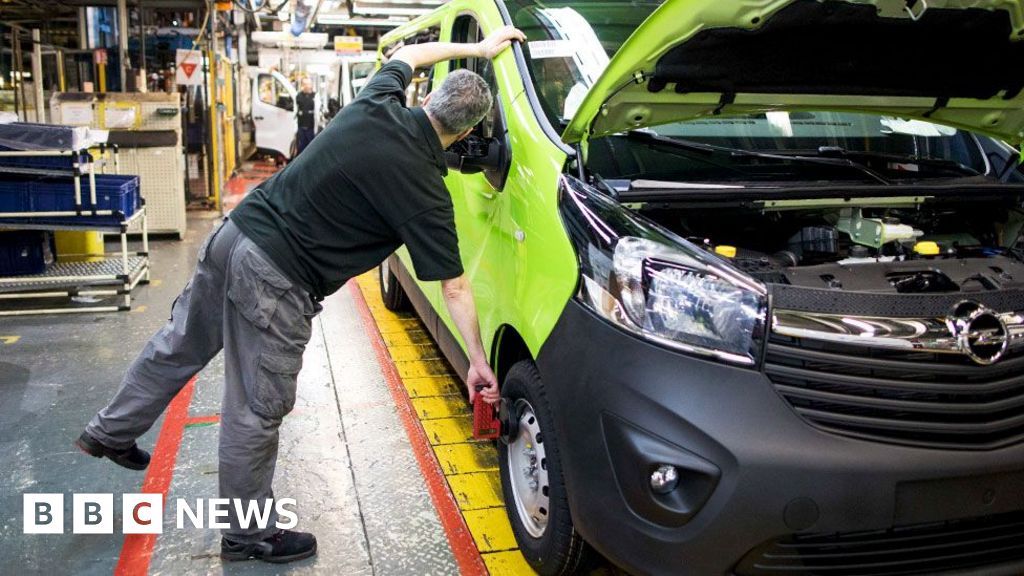The car industry as a whole has been repeatedly demanding the government provide better incentives for people to buy electric, ahead of the ban sales of new petrol and diesel vehicles commencing in 2030.
Nissan, which builds EVs at its plant in Sunderland, has said the rules are “undermining the business case for manufacturing cars in the UK, and the viability of thousands of jobs and billions of pounds in investment”.
Last week, its rival Ford announced it will cut 800 jobs in the UK over the next three years. It said this was partly because of weaker demand for EVs.
The Society of Motor Manufacturers and Traders (SMMT) has previously said support packages are needed to make the electric vehicles switch more attractive and affordable.
Sales of electric cars have been increasing – in October, they made up nearly one out of every four cars registered. However, industry sources insist this is largely down to unsustainable discounting.
The SMMT said Stellantis’s announcement was a “major concern to UK automotive manufacturing but, most importantly, to the livelihoods of many”.
“It is also a sobering reminder of the challenge and cost this industry faces in developing new EV technologies and transitioning a market that is not yet fully ready,” it added.
“The UK situation is particularly acute with arguably the toughest targets and most accelerated timeline in the world, yet without the consumer incentives that would drive the necessary demand.”
The government said it was backing the car industry with more than £300m to “drive uptake of zero emission vehicles”.

